The pros and cons of fracking
New PM Liz Truss could revive controversial practice ‘within days’ due to Britain's energy woes
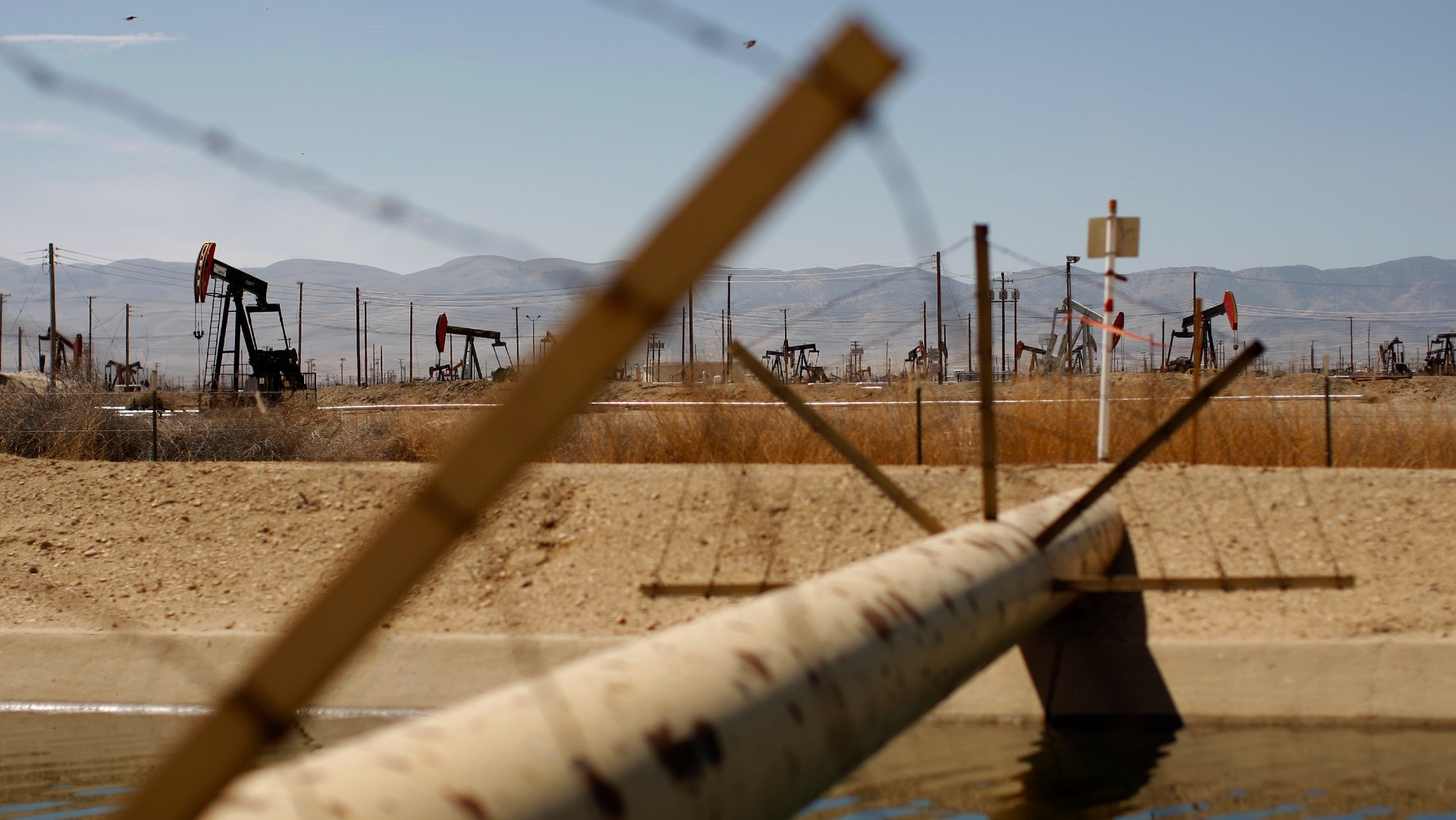
A free daily email with the biggest news stories of the day – and the best features from TheWeek.com
You are now subscribed
Your newsletter sign-up was successful
The new Prime Minister Liz Truss could lift the ban on fracking “within days” amid ever-growing concern about the energy crisis and increasing demands that her government does more to improve energy security.
Truss repeatedly spoke out in favour of fracking during the Tory leadership campaign and has vowed to “end the effective ban on extracting our huge reserves of shale gas by fracking”, noted the Daily Mail.
Hydraulic fracturing, or fracking, is a technique for recovering gas and oil from shale rock. It was halted in the UK in 2019 amid opposition from green groups and local concerns over earth tremors, but there have been “calls to rethink the ban, given the soaring cost of energy”, said the BBC.
The Week
Escape your echo chamber. Get the facts behind the news, plus analysis from multiple perspectives.

Sign up for The Week's Free Newsletters
From our morning news briefing to a weekly Good News Newsletter, get the best of The Week delivered directly to your inbox.
From our morning news briefing to a weekly Good News Newsletter, get the best of The Week delivered directly to your inbox.
In an interview with The Telegraph ahead of her election as Tory leader, Truss said: “On the subject of fracking, I think it depends on the local area, and whether there is support in the local area for it.”
The Telegraph also reported that outgoing chancellor Nadhim Zahawi has been “eyeing measures to turn the tide of public opinion” on the controversial practice as part of a twin approach to provide better incentives for investors to back gas projects alongside persuading residents to support extracting shale gas, amid concerns it contaminates the environment and causes earthquakes. The paper pointed to a softening of public opinion following the spike in energy prices, with support for fracking almost doubling over the past year.
However, in what The Guardian described as “a jibe” at his successor, Boris Johnson joined the chorus of sceptics over Truss’s plans for fracking, saying “if we could frack effectively and cheaply in this country, that would be possibly a very beneficial thing. I’m just, I have to say, slightly dubious that it will prove to be a panacea.”
1. Pro: alternative to coal
Reliance on natural gas, rather than coal, is “indisputably creating widespread public health benefits, as the burning of natural gas produces fewer harmful particles in the air”, said news service Yale Climate Connections. That’s because natural gas emits about half of the greenhouse gas emissions of coal per unit of energy, according to the US Energy Information Administration.
A free daily email with the biggest news stories of the day – and the best features from TheWeek.com
While burning natural gas does create pollution, it doesn’t produce pollutants such as ash and mercury, “which can pose health and environmental hazards for years”, reported Vox. “Regardless of what you believe about the future, shale gas has played a substantial role in getting rid of carbon emissions and conventional emissions from coal,” Sam Ori, executive director of the Energy Policy Institute at the University of Chicago, told the news site in 2020.
2. Con: a question of demand
Although there are estimates of how much potentially recoverable shale gas the UK has, this is “not the same as proven reserves”, which is “the amount that can be produced commercially at any given time”, said experts from Warwick and Newcastle universities for The Conversation.
The British Geological Survey (BGS) estimated the UK shale resource at about 1,329 trillion cubic feet in 2013, falling short of the 2.8 trillion cubic feet of gas consumed by the UK per year. Since the estimates were published, “only 11 dedicated shale gas exploration wells have been drilled, and only two have had flow tests carried out to determine their technical and economic viability”, they noted. It could well be “inaccurate” to say that the UK has “vast” shale gas reserves. And fracking will not be able to provide a “quick fix” – it may take “years of drilling” before production could begin in earnest.
“The shale gas industry has a history of secrecy, broken promises, delays and a failure to deliver, despite years of government backing,” said Drill or Drop news site, claiming that “in more than a decade, it has produced no gas for homes or businesses” in the UK.
3. Pro: access to materials
Fracking can reach depths that other extraction methods cannot, meaning greater access to natural deposits of gas and oil. “This is a really important benefit, as many scientists previously thought that we had only a few years left to use fossil fuels before they ran out,” Conserve Energy Future said. In the US, fracking has “significantly boosted” domestic oil production, and has contributed to lower gas prices, reported the BBC in 2018. The use of fracking means that the US and Canada are likely to enjoy gas security for “about 100 years”, said the broadcaster in 2018, and so it has proved during the current energy crisis, with energy prices 10 times higher on average in Europe than the US, according to Foreign Policy.
4. Con: risk of earthquakes
The disposal of drilling wastewater used in fracking has been scientifically linked to earthquakes. The fluids used in fracking, along with the wastewater that comes back up the well, is disposed of “by injecting it into disposal wells deep underground”, said energy and environment news site StateImpact Texas. “This is generally regarded as the safest, most cost-efficient way to get rid of it,” the site noted, but added that fracking has been causing earthquakes that are “growing both in number and strength” in some parts of the US. In the UK, exploratory drilling in Lancashire by the company Cuadrilla was suspended in 2011 after fracking caused two earth tremors, which prompted a temporary ban on fracking in the UK. In 2019, a tremor measuring 2.9 on the Richter scale was recorded near a Cuadrilla fracking site in Blackpool, leading to an indefinite suspension of fracking. In November of that year, the government announced a moratorium on shale-gas extraction.
5. Pro: job creation
Fracking has triggered “a shale gas revolution in the US,” said The Times, “creating a jobs boom in states such as Pennsylvania that had previously suffered from the closures of coal mines”.
It is hoped something similar could happen in the UK. An industry-commission report by professional services firm Ernst & Young in 2014 said that the sector could create around 64,000 jobs in the UK, based on 4,000 horizontal wells being drilled by 2032.
But the figure was criticised as unrealistic by The Guardian, and based on the creation of 4,000 wells. The UK has only ever opened two shale gas wells – those owned by Cuadrilla – which The Oil and Gas Authority has ordered to be permanently sealed by 30 June this year.
However, in a further signal the government could be preparing to change its position on fracking, Johnson has reportedly told Business Secretary Kwasi Kwarteng that it does “not make sense” to seal the wells, as he continues to search for ways to secure the UK’s energy supplies, reported The Guardian. Kwarteng added that he and Johnson were “still in conversations” over the matter.
6. Con: air and water pollution
A “buried” UK government report from 2015 found that a fracking industry of 400 wells would increase national emissions of air pollution, with nitrogen dioxides rising by 1% and 4%, and volatile organic compounds by 1% and 3%, The Guardian reported. And in the US, the BBC reported, some areas near fracking sites have “complained about high levels of the carcinogen benzene in underground water supplies” as a result of the practice. The water used in fracking often “comes back to the surface” and can be contaminated with heavy metals and radioactivity, the broadcaster added.
-
 What is the endgame in the DHS shutdown?
What is the endgame in the DHS shutdown?Today’s Big Question Democrats want to rein in ICE’s immigration crackdown
-
 ‘Poor time management isn’t just an inconvenience’
‘Poor time management isn’t just an inconvenience’Instant Opinion Opinion, comment and editorials of the day
-
 Bad Bunny’s Super Bowl: A win for unity
Bad Bunny’s Super Bowl: A win for unityFeature The global superstar's halftime show was a celebration for everyone to enjoy
-
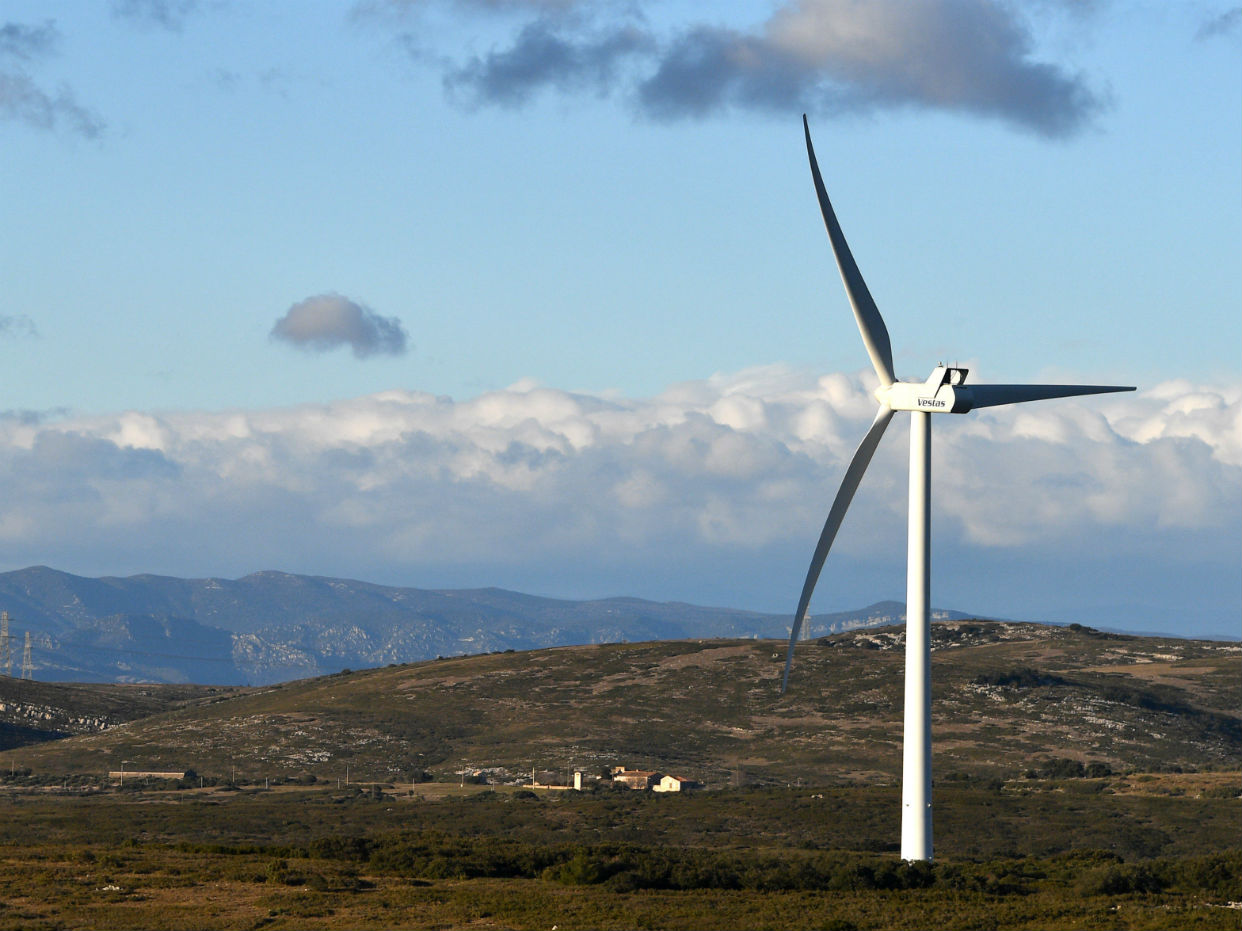 Pros and cons of onshore wind farms
Pros and cons of onshore wind farmsPros and Cons Rishi Sunak ‘stuck between two Tory wings’ over proposed law changes to allow more turbines on land
-
 Cop27: what’s on the agenda and will it be a success?
Cop27: what’s on the agenda and will it be a success?In Depth Summit is a chance to showcase implementation but reparation question could be key
-
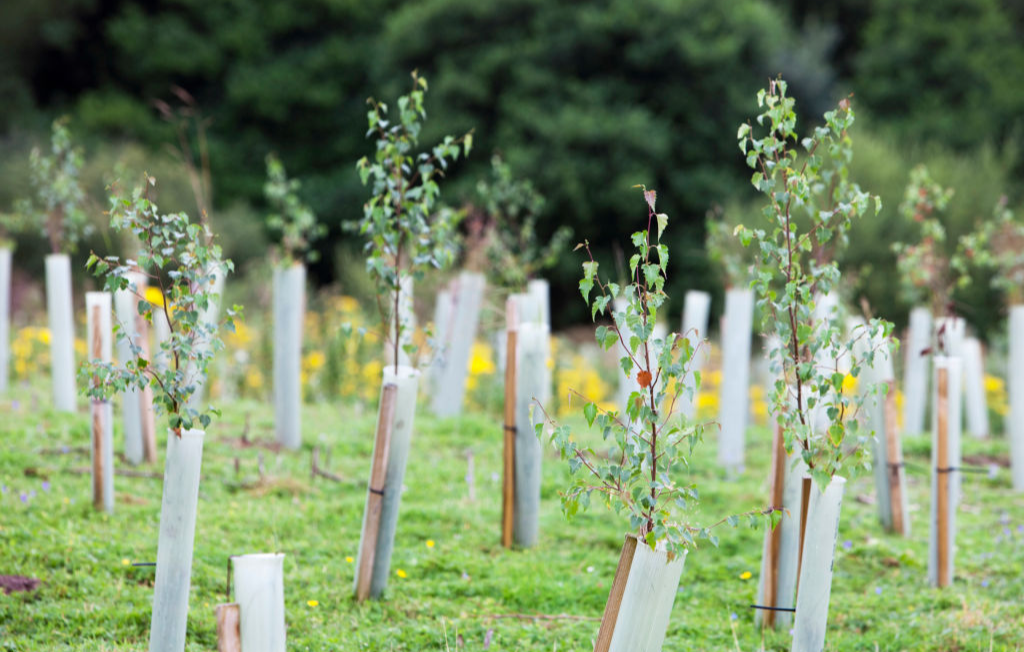 Pros and cons of carbon offsetting
Pros and cons of carbon offsettingPros and Cons The popular but controversial tactic to limit greenhouse gases has faced continued scrutiny
-
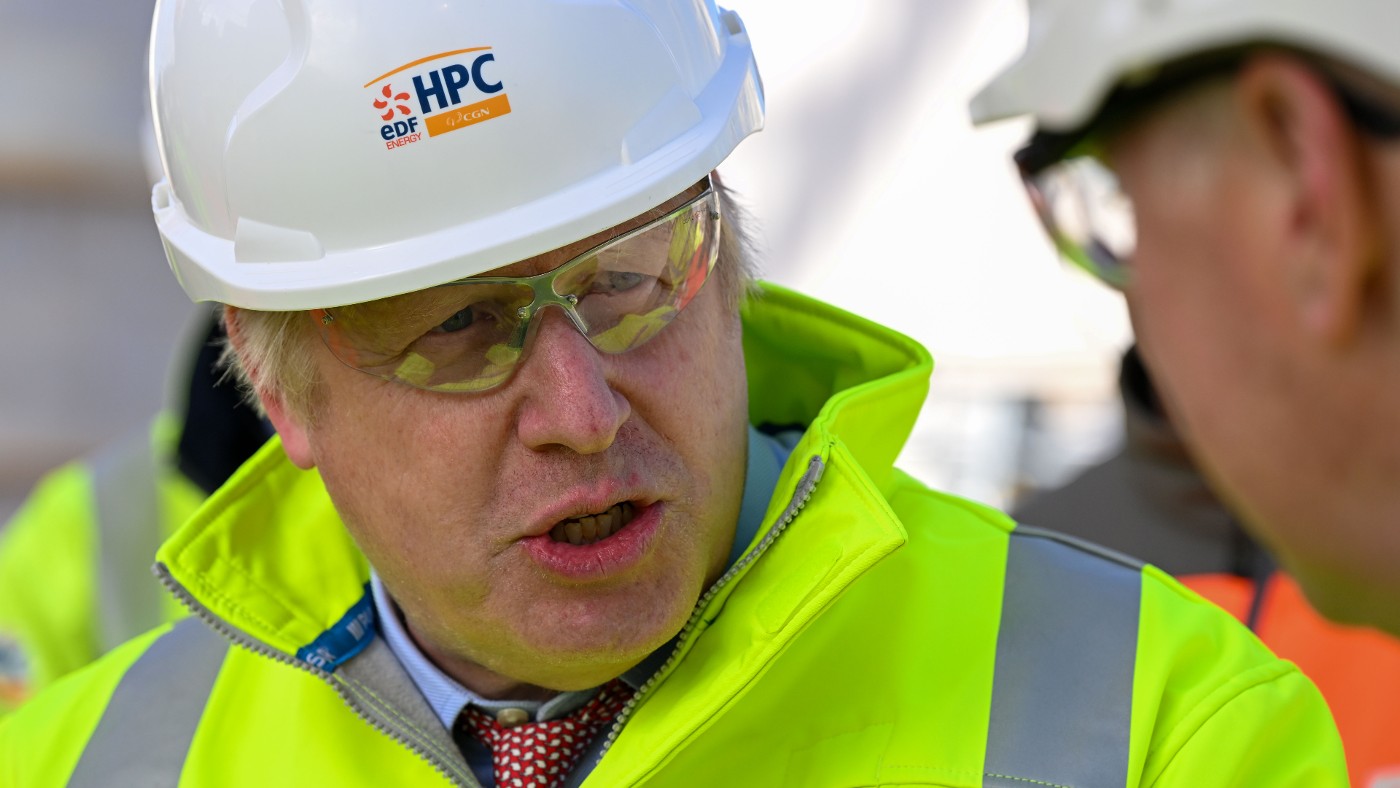 Boris Johnson’s energy strategy explained
Boris Johnson’s energy strategy explainedfeature Nuclear energy at the heart of plan dismissed by critics as a ‘missed opportunity’
-
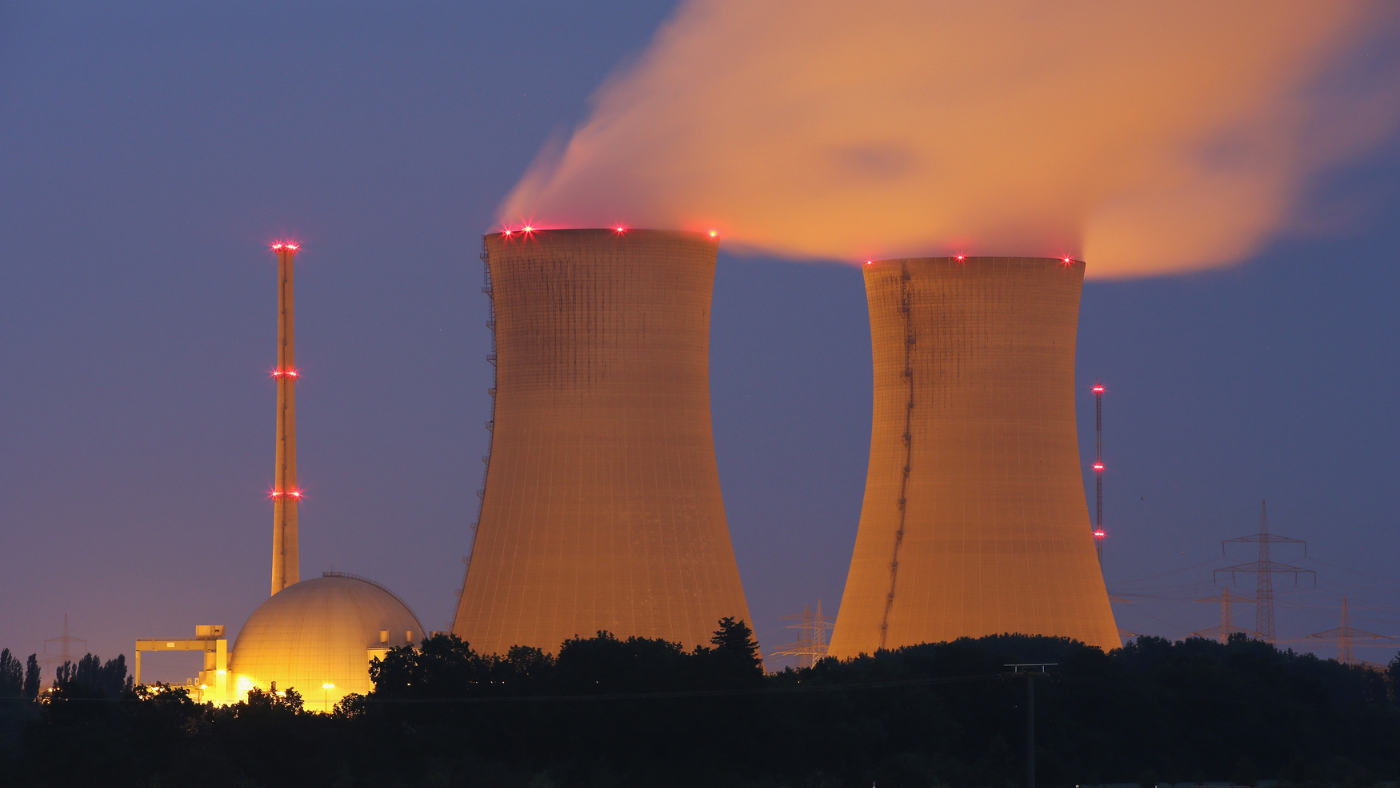 The pros and cons of nuclear power
The pros and cons of nuclear powerPros and Cons Chancellor renews government push for nuclear expansion but opposition remains
-
 The pros and cons of nuclear power
The pros and cons of nuclear powerPros and Cons Chancellor renews government push for nuclear expansion but opposition remains
-
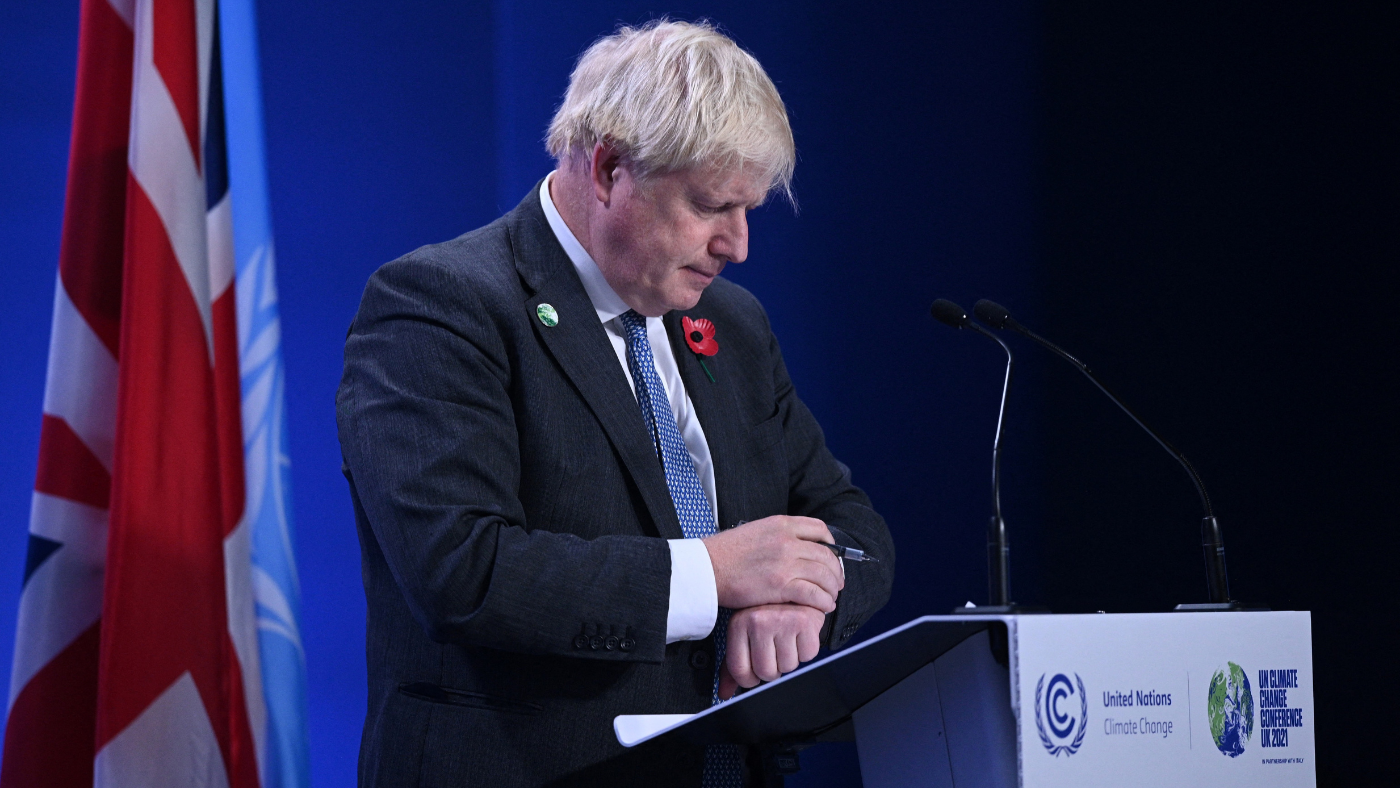 When will we know if Cop26 has been a success?
When will we know if Cop26 has been a success?Today's Big Question Draft agreement lays out key dates for necessary action on climate change
-
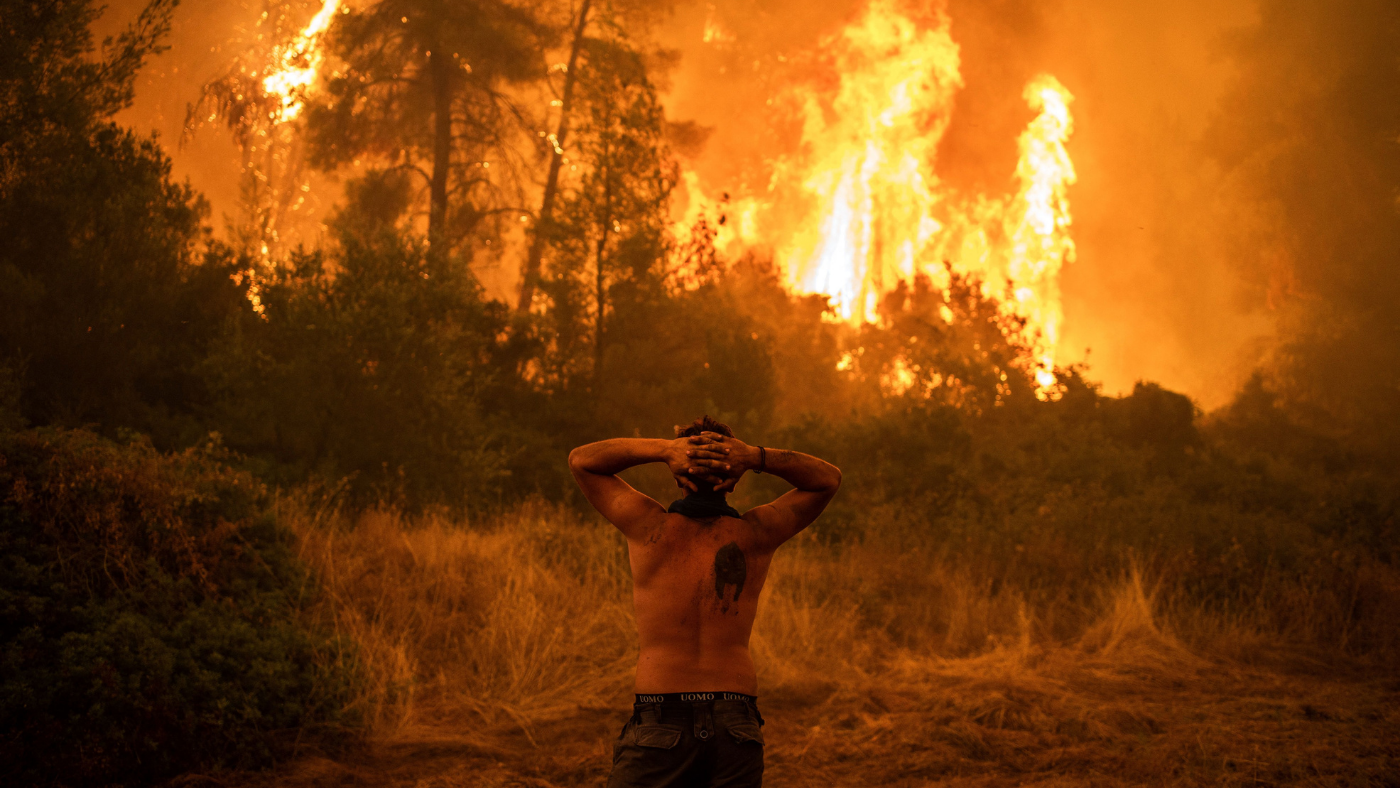 The potential paths for climate change roadmap
The potential paths for climate change roadmapfeature Experts say government intervention will be key in tackling environmental crisis